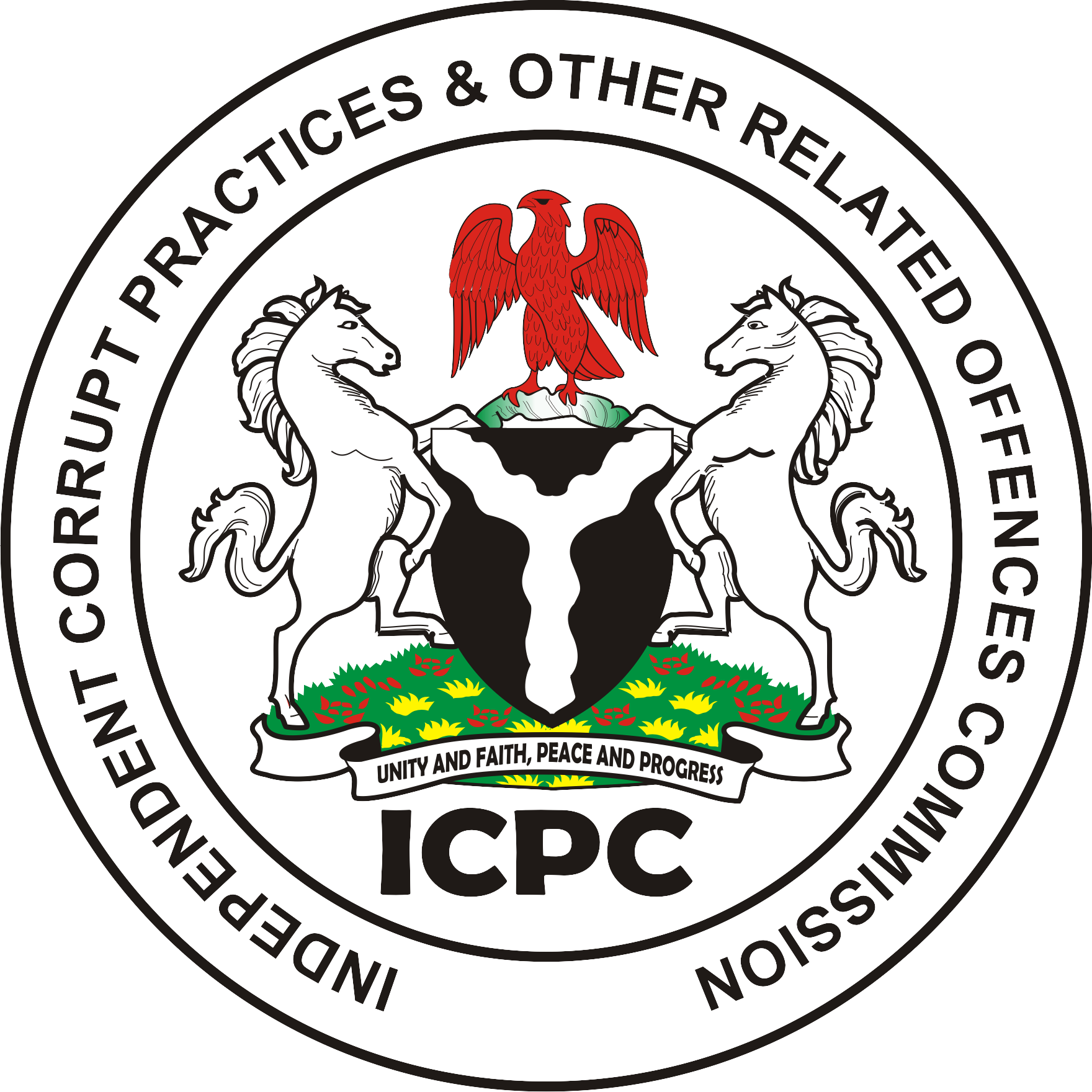
By Chimezie Godfrey
The Chairman/CEO, Musharak Esteem Nigeria Ltd, DIG Mohammed Katsina has urged government and all stakeholders to give priority to the decontamination of all places of public health importance across the country.
DIG Katsina who made the plea in an interview with a Newsdiaryonline correspondent stressed that keeping places of public health importance free of infestations is the only sure strategy that will guarantee the protection of citizens from malaria, ebola, and other infectious diseases including the COVID-19 pandemic.
He pointed out that most infectious diseases suffered by Nigerians such as Lassa fever, malaria, and even the coronavirus, among others are mostly contracted from these places.
According to him, unfortunately priority is given to rolling back the diseases, while little or no attention is paid to tackling their causative factors.
He advised that government should rather focus on eliminating rat and mosquitoes as the major carriers of the Ebola disease and malaria, instead of spending so much resources on fighting the diseases.
He said, “We see rat as ordinary but what happens is that they pose great risk to our health more than we can imagine.
“Even before you come to issue of abattoirs, we talk about sun drying of our good, storing of farm produce but at night rats and other rodents come and take a bite after which they drop their faeces and urine.
“And if those faeces and urine are contaminated then our food end up being contaminated and we eat it.
“It is from the infections of the rat that we come in contact with Lassa Fever.
“Looking at the Ebola issue, you have bats around you, it does not end at chasing the bats away, it is important to decontaminate the area where the bats have perched so that you eradicate all possible infestations left behind by the bats.”
The Elderstateman who decried the deplorable state of hospital facilities across the country, tasked all stakeholders on proper management and disposal of medical waste to safeguard the health of Nigerians.
He pointed out that the areas of possible health crises include the hospitals, abattoir, market places, among others.
“And also if you look at our hospitals you would be very baffled especially at night. It is not that we do not have good facilities, but maintenance culture is very important.
“Just like when you have a beautiful home that is full of crisis it is not beautiful, because you have to eliminate all the sources of crisis and the sources of crisis here are the diseases and our diseases come from possible causes of these crisis.
“Here the possible causes of crises are hospitals, abattoirs, market places etc.In the aspect of the abattoirs two areas are meant to be thoroughly looked at: the lairage and the slaughter slab.
“Our lairage is very important but people always look at the slaughter slab because that is the physical place we see.
“The lairage is where you gather the animals you are about to slaughter the next day and you observe them and whatever animal you slaughtering in the next 24hrs you put it in the lairage under observation and deny it of water.
“When you deny it of water within that 24hrs what happens is that if there is any disease in that animal it will manifest before the 24hours and it is very important.
“So the essence of the lairage is that you have 20, 30, 40 or more cows in a lairage that is about to be slaughtered tomorrow morning, within that period of lining them up anyone that had tuberculosis or any hidden disease that has not manifested would manifest.
“So the next thing you do is to separate the animals that have shown manifestation of any disease from the ones that have not manifested and you decontaminate the place immediately. You can’t just leave the place like that.
“So you have done two things at the same time, you have identified a diseased animal and you have prevented the public from consuming a contaminated animal.
“And you’ll be able to study what disease it is and how it comes about it by isolating the animal and at the end you’d have succeeded in treating the animal and make it fit for consumption.
“Then when you observe, after separating the the diseased animals form the healthy ones the next thing is to push the animal for slaughter and that is when you go to the slaughter slab and definitely you know what it means when we say a place is spilled with blood, that is the slaughter slab being spilled with blood.
“After washing the slaughter slab, it is not enough, you have to decontaminate because in every drop of blood from the animal, you can suspect some micro organisms in the bloodstream or in the blood that spilled on the ground or from the remnant of the animal dung you might expect those things. And you know you cannot see micro organisms.
“Flies and other rodents come at night and even during the day because most of the activities that take place in the abattoirs are around 4am then within 10-12 everybody must have finished and then animals begin to play.
“Even the animals eat remnants of flesh, remnants of blood, flies, mosquitoes and other diseases carrying pests perch. And unless you hang around, you won’t even know, so you take care of all these things by decontamination,” he stressed.
DIG Katsina called on the government and citizens to focus on fumigation and decontamination of the environment, especially places of public health importance.
He reiterated that this is the strategy that can guarantee success in the fight against Lassa fever, malaria, and even the COVID-19 pandemic, among other infectious diseases.



